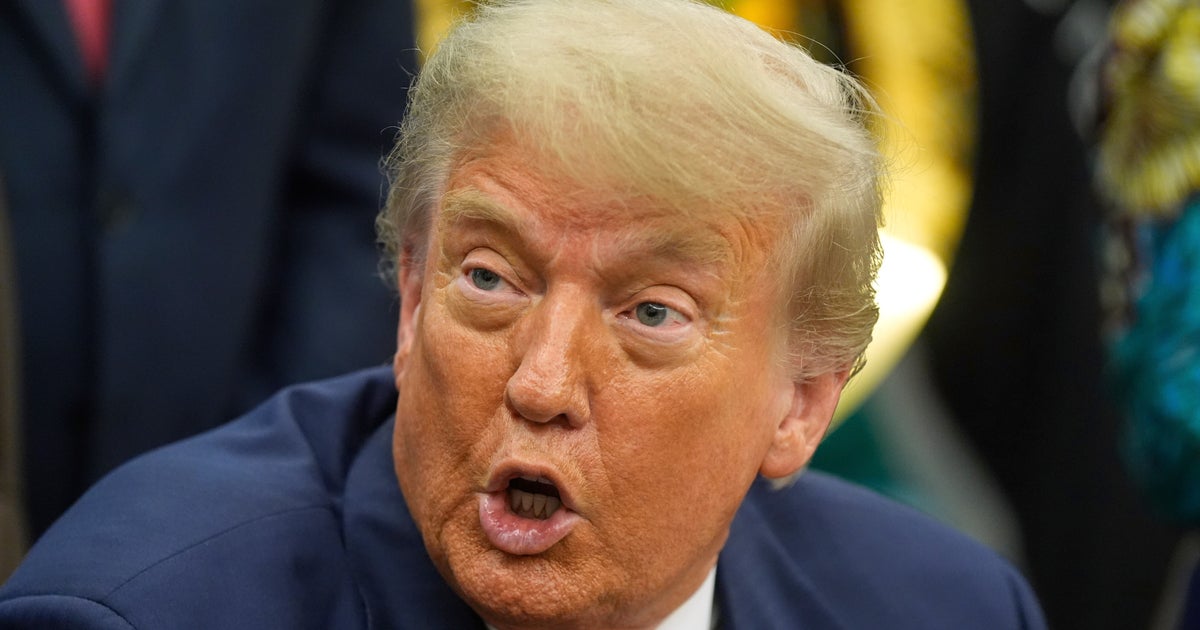In a recent interview with Fox News host Maria Bartiromo, former President Donald Trump made headlines with his comments about Japan, suggesting new tariffs on Japanese cars while seemingly forgetting the name of Japan’s leader. This has left critics both aghast and amused.
Trump stated that he would be sending out letters as his pause on tariffs ends early next month, using Japan as an example. However, rather than addressing Japanese Prime Minister Shigeru Ishiba by name, Trump improvised, saying, “Dear Mr. Japan: Here’s the story. You’re going to pay a 25% tariff on your cars.” This comment quickly became a focal point of criticism and humor online.
Trump’s Tariff Strategy and Its Implications
The former president reiterated his stance on tariffs, arguing that it is unfair for the United States to import “millions and millions” of Japanese cars while Japan imports relatively few American cars. Trump suggested that Japan could address this trade imbalance by purchasing other American products, such as oil.
Trump has long advocated for tariffs as a means to encourage foreign companies to increase production in the United States. He has previously stated, “My message to every business in the world is very simple: Come make your product in America, and we will give you among the lowest taxes of any nation on Earth.”
Fact: Japan manufactures more cars in the US than it imports to the US. Japan has some $700 billion invested in the US, employing close to 1 million Americans.
Critics React to “Mr. Japan” Comment
The phrase “Dear Mr. Japan” quickly became a viral sensation, with many taking to social media to express their disbelief and humor at the gaffe. Critics pointed out the irony and potential diplomatic faux pas of the comment, questioning how effective negotiations could be if the leader’s name is not known.
“Dear Mr. Japan? Trump doesn’t know what or who he is talking about,” tweeted former congresswoman Barbara Comstock.
Others drew comparisons to the scrutiny that would have been faced by other political figures had they made a similar mistake. The incident has sparked a broader conversation about the importance of diplomatic knowledge and respect in international relations.
Historical Context and Expert Opinions
This is not the first time a US president has faced criticism for comments perceived as insensitive or misinformed regarding foreign leaders. Diplomatic blunders can have lasting impacts on international relations, and experts emphasize the importance of precision and respect in diplomatic language.
According to international relations expert Dr. Lisa Feldman, “Such comments can be seen as a lack of respect and understanding, which can hinder diplomatic negotiations and damage bilateral relationships.”
Looking Ahead: Potential Consequences
The potential imposition of new tariffs on Japanese cars could have significant economic implications, not only for Japan but also for American consumers and businesses. Many Japanese automakers have established manufacturing plants in the United States, which means that the impact of such tariffs might be less pronounced than anticipated.
As the world watches, the former president’s comments serve as a reminder of the delicate nature of international diplomacy and the importance of informed, respectful dialogue between nations.
Moving forward, it remains to be seen how these comments will affect US-Japan relations and whether they will influence future trade negotiations. The international community will undoubtedly be attentive to any further developments in this story.
